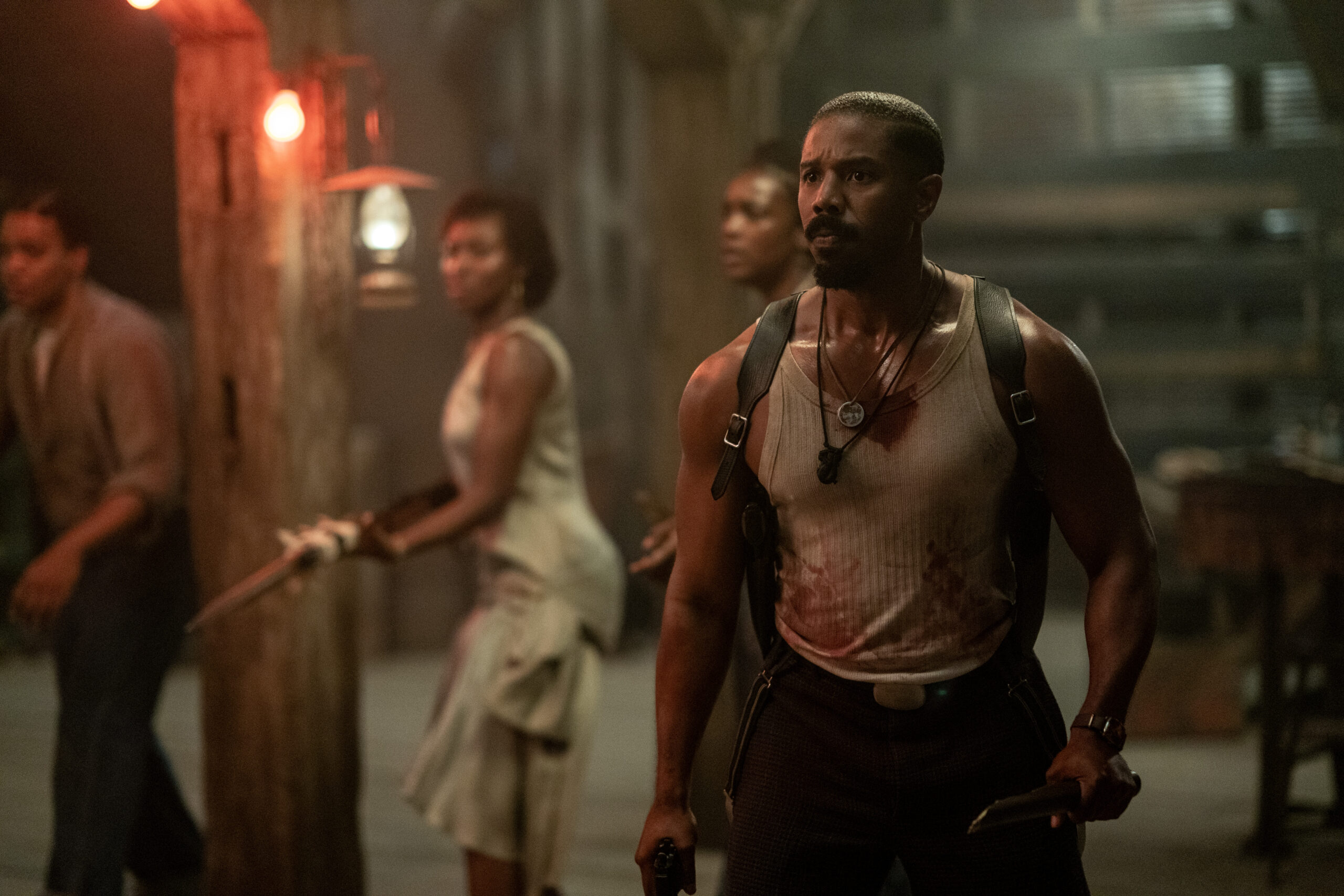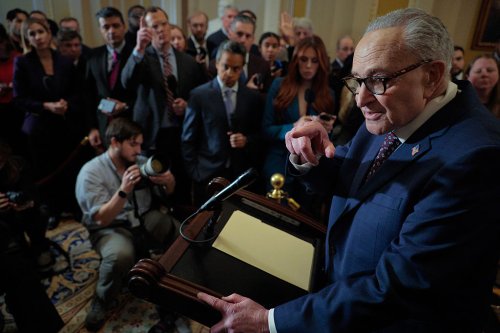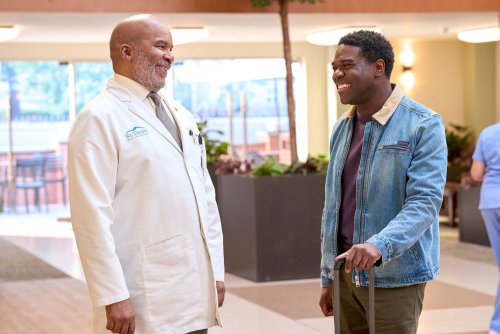A ‘Sinners’ movie syllabus and a petition to get a screening in a Mississippi Delta town without a movie theater are circulating online
A “Sinners” movie syllabus has been released online while an online petition seeks to enrich moviegoers’ experiences. On the surface, […]

A “Sinners” movie syllabus has been released online while an online petition seeks to enrich moviegoers’ experiences.
On the surface, Ryan Coogler’s hit new film “Sinners” is a vampire flick that blends action, horror, comedy, and a dash of camp to take viewers on a fun and wild ride through the Mississippi Delta. However, beneath the surface lies a rich display of Black spirituality, folklore, history, religion, and culture.
Since the film premiered, and more and more audiences have discovered the story of “Stack” and “Smoke” (Michael B. Jordan), theories, explanations, and many different takes have been offered up. From analyzing the characters—down to their names—to pointing out the many different iconographies and symbols, the film has a spawned growing intellectual discussion.
On Thursday, the African American Intellectual History Society released “The ‘Sinners’ Movie Syllabus,” which, through a variety of scholarly texts, films, and other materials, seeks to provide a window into the film’s deeper context.
The syllabus, by Jemar Tisby and Keisha Blain, “delves into the multifaceted historical, cultural, and social contexts depicted in the film, providing audiences with a deeper understanding of its layered narratives,” according to its intro.
Set in the Jim Crow era, “Sinners” contains many complex themes and draws inspiration from many corners of Black American culture, according to the curriculum’s authors. Divided into 14 separate categories, the syllabus highlights relevant historical eras, art, literature, films, music, and lore and topics like gender dynamics, African Americans in the Military, and Civil Rights.
The film category features titles like Netflix’s “Mudbound” and “O Brother, Where Art Thou,” while “Their Eyes Are Watching God” and “The Weary Blues” are named as recommended reading.
“Drawing inspiration from the #CharlestonSyllabus—a crowdsourced educational resource that emerged in response to the 2015 Charleston church shooting—the ‘Sinners’ Movie Syllabus seeks to foster a deeper understanding of the historical and cultural contexts of the film,” the syllabus intro continued.
This project is also reminiscent of the syllabus based on Beyoncé’s 2016 album “Lemonade.”
“By examining these elements through scholarly and popular resources, the syllabus will enrich the viewing experience and foster critical discussions,” the “Sinners” syllabus authors said.
As this syllabus makes the rounds online, a boots-on-the-ground campaign related to “Sinners” is also garnering attention: a petition started by a twenty-something from a Mississippi town without a movie theater requesting for Coogler and the rest of the cast to visit his town.
“Beneath the horror and fantasy, your film captures the soul of this place: our history, our struggles, our genius, our joy, our community,” Tyler Yarbrough said in a statement accompanying the petition.
“We know that Sinners was born from a deeply personal place, inspired by your uncle, a Mississippi native, who often played blues music and told you stories about Mississippi,” the statement continued. “That connection, and all the deep research shines through. It’s why the film doesn’t just entertain; it feels lived-in, loved, and wrestled with.”
So he’s proposing a “homecoming” of sorts.
“Not just for the film, but for the history, culture, and future that continue to define our city and to connect Mississippi creatives with you and your work,” he wrote.
His petition is gaining traction and has caught the eye of filmmaker Mathew Cherry and production designer Hannah Beachler.
While speaking to Capital B News, Yarbrough said there should be a sense of “coming home” for Black creators who make these multi-million dollar projects about a place and they should foster more of a connection with those on the ground.
“I think it’s deeply important,” he said. “And I think not only is it important for the folks who live here, but also for just Black America to like, really come home.”
Share
What's Your Reaction?
 Like
0
Like
0
 Dislike
0
Dislike
0
 Love
0
Love
0
 Funny
0
Funny
0
 Angry
0
Angry
0
 Sad
0
Sad
0
 Wow
0
Wow
0















